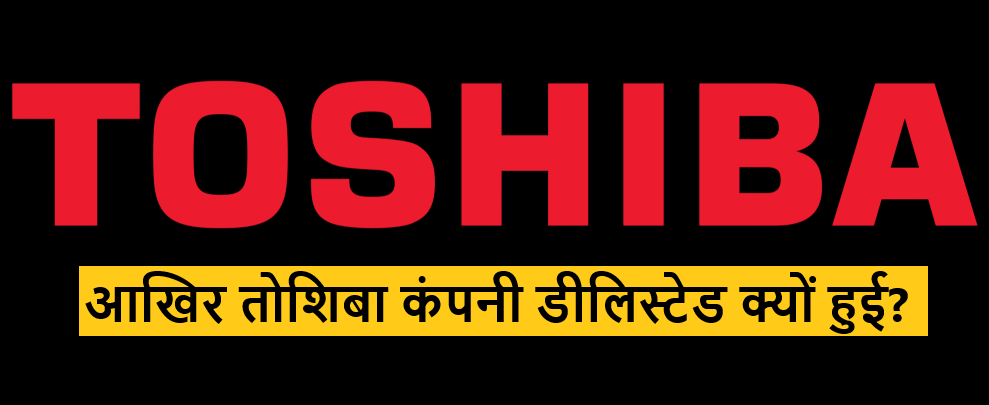In a significant turn of events, Toshiba Corporation, a stalwart in the Japanese technology and electronics industry, has been delisted from the Tokyo Stock Exchange after a remarkable 74-year run. The delisting marks the end of an era for the company that has been a global player in various sectors, ranging from semiconductors to nuclear energy. This article explores the factors leading to Toshiba’s delisting, its historical significance, and the potential implications for the future.
A Brief History of Toshiba:
Toshiba Corporation was founded in 1939 and officially became Toshiba Corporation in 1978. Over its 74-year history on the stock exchange, Toshiba established itself as a technological powerhouse with a diverse range of products and services. The company’s innovations spanned consumer electronics, semiconductor manufacturing, medical equipment, and nuclear power.
Toshiba’s Rise and Challenges:
Toshiba enjoyed decades of success, becoming a symbol of Japan’s technological prowess. However, the company faced a series of setbacks in recent years, including a major accounting scandal in 2015 that revealed a systematic inflation of profits over several years. This scandal resulted in hefty fines, executive resignations, and a tarnished reputation.
The Challenges in the Nuclear Power Sector:
Toshiba’s troubles were exacerbated by challenges in its nuclear power division. The company faced massive losses related to the acquisition of Westinghouse Electric, a move aimed at expanding its footprint in the nuclear power industry. Delays, cost overruns, and a decline in global demand for nuclear energy led to significant financial strain.
Financial Woes and Delisting:
Toshiba’s financial difficulties prompted the Tokyo Stock Exchange to place the company on its watchlist, a move that ultimately culminated in the decision to delist Toshiba. The delisting reflects the severity of the company’s financial troubles and raises questions about its ability to recover and regain investor confidence.
Implications for Toshiba and the Industry:
The delisting of Toshiba has far-reaching implications for the Japanese corporate landscape and the global technology sector. It signifies the end of an era for a company that once stood at the forefront of innovation. The void left by Toshiba’s absence will undoubtedly impact various industries, as the company played a crucial role in the development and production of key technologies.
Additionally, the delisting may prompt other companies to reevaluate their business strategies, governance structures, and risk management practices. It serves as a stark reminder of the importance of transparency, accountability, and adaptability in the rapidly evolving global business environment.
Conclusion:
Toshiba’s delisting after 74 years on the Tokyo Stock Exchange marks a significant chapter in the history of the company and the broader technology industry. The challenges faced by Toshiba, including financial woes and the fallout from the accounting scandal, serve as cautionary tales for other corporations. As the business landscape continues to evolve, the legacy of Toshiba will be remembered not only for its technological contributions but also as a cautionary tale of the perils of corporate mismanagement.





